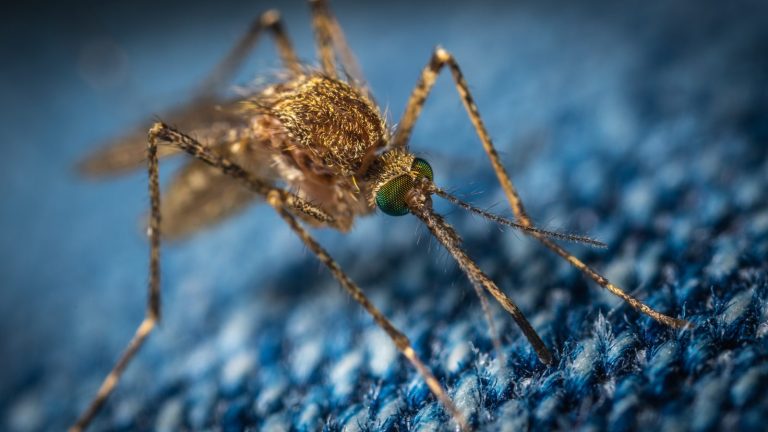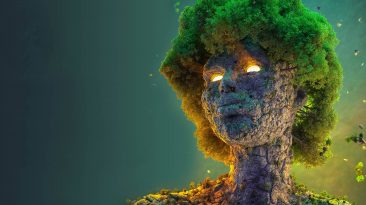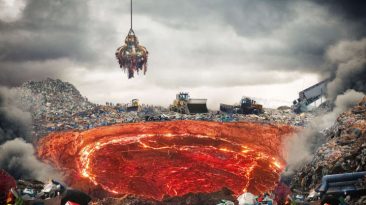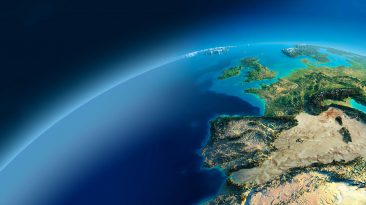Swipe down for full video story!
Mosquitoes are the deadliest animals on Earth, responsible for nearly one million human deaths each year. They transmit diseases such as malaria, yellow fever, and dengue virus, posing significant threats to human health globally.
Mosquitoes and Disease Transmission
Mosquitoes transmit pathogens by biting infected hosts and then injecting their saliva into new hosts, allowing viruses and bacteria to enter the bloodstream. Their impact extends beyond humans, affecting animals and livestock worldwide. Even a single bite can be fatal for certain species, highlighting the widespread influence of these insects.
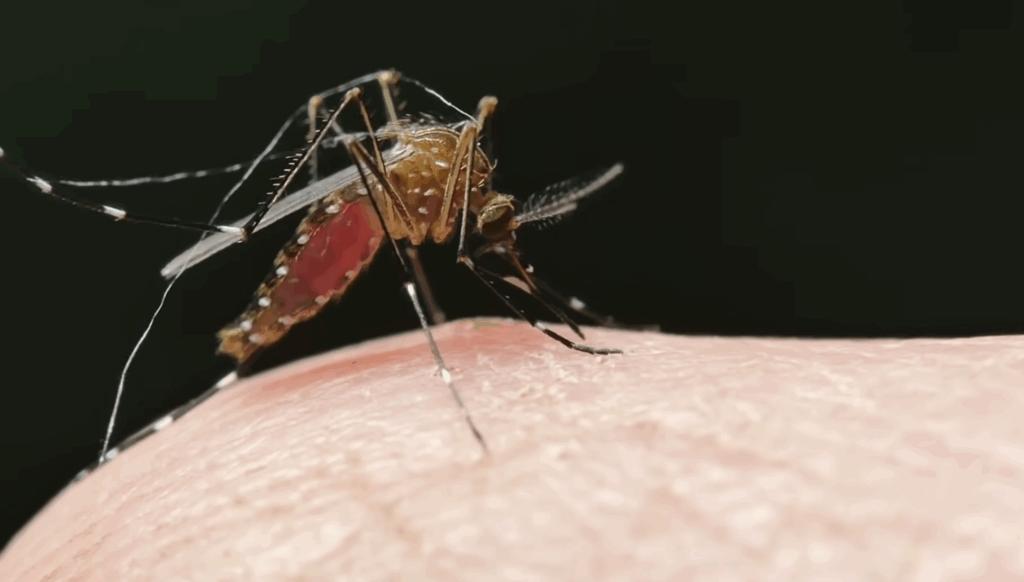
Global Mosquito Population
Estimating the total number of mosquitoes is challenging. Current studies suggest there are trillions worldwide, including regions such as Alaska, where rising global temperatures have expanded mosquito habitats. This vast population underscores the difficulty of controlling or eliminating the species.
Potential Methods of Eradication
Several approaches have been proposed for reducing or eliminating mosquito populations. Natural predators such as bats consume large numbers of mosquitoes, with some species capable of eating up to 600 mosquitoes per hour. However, relying solely on predation could create ecological complications. Alternative strategies focus on reproduction.
Only female mosquitoes feed on blood, which they require for egg development. Introducing genetically modified male mosquitoes that produce sterile offspring offers a potential solution. Over several decades, widespread deployment of such mosquitoes could lead to population collapse.
Impact of Eradication
Eliminating mosquitoes would likely reduce human mortality and disease transmission substantially. Outdoor activities would become safer, and livestock and wildlife would experience fewer health risks. The absence of mosquitoes would have minimal disruption on the food chain, as they constitute a relatively small portion of the diet for birds, bats, and amphibians. While mosquitoes contribute modestly to plant pollination, their ecological role is not critical to most ecosystems.
Considerations and Ethical Implications
There are thousands of mosquito species, but only a small fraction bite humans and transmit disease. Some researchers suggest mosquitoes may indirectly influence ecosystems, such as deterring human activity in sensitive regions like the Amazon rainforest. Despite this, the benefits of eliminating disease-spreading mosquitoes, particularly in densely populated and tropical regions, may outweigh ecological concerns.


